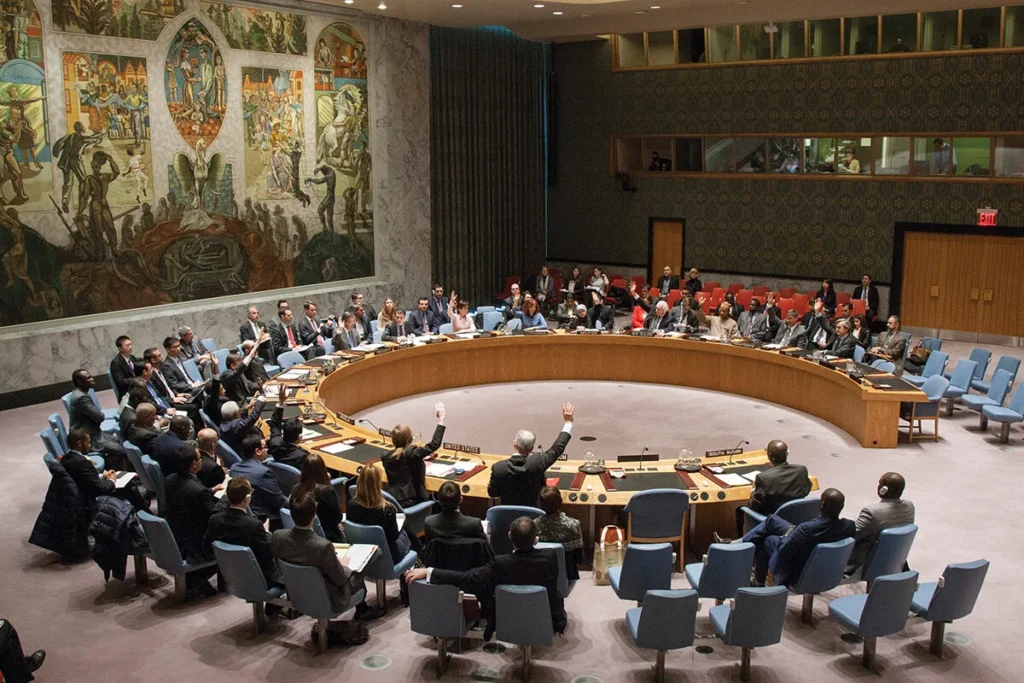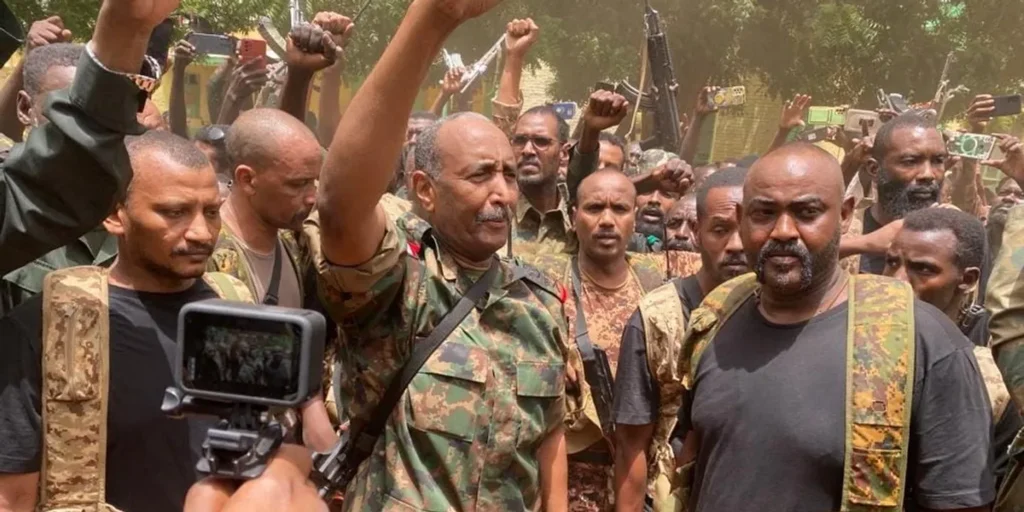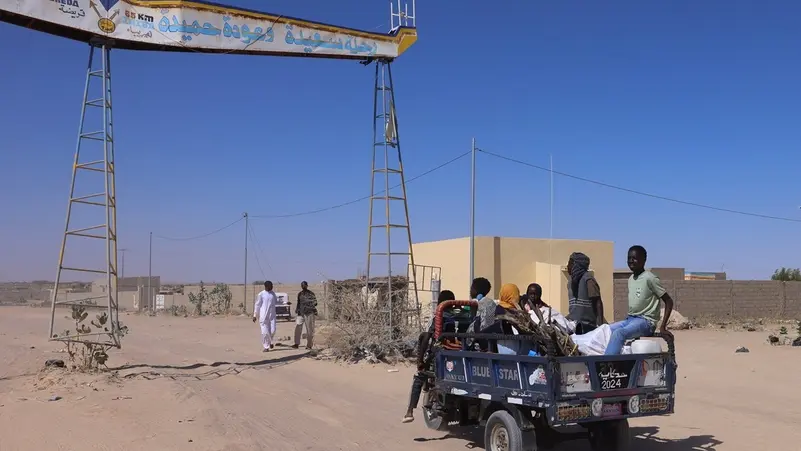
One year into Sudan’s civil war, undisclosed sources within the Sudanese army have revealed to media that Iranian-manufactured armed drones have played a pivotal role in shifting the dynamics of the conflict.
These drones have reportedly enabled the army to counter the advancements of the Rapid Support Force (RSF) and reclaim some territory surrounding the capital.
According to six Iranian sources, as well as regional officials and diplomats who requested anonymity due to the sensitivity of the matter, the Sudanese military has acquired Iranian-made unmanned aerial vehicles (UAVs) in recent months.
Initially, the Sudanese Armed Forces (SAF) faced challenges in combatting RSF fighters entrenched in densely populated areas using older UAVs, alongside conventional artillery and fighter jets.
However, in January, more sophisticated drones came into play, operating from the Wadi Sayidna base north of Khartoum. Eyewitnesses in the area observed these drones monitoring RSF movements, targeting their positions, and guiding artillery strikes in areas like Omdurman.
The deployment of Iranian UAVs by the army, particularly in Omdurman, had not been previously disclosed.
While reports of Iranian drones in Sudan have circulated in Bloomberg and Sudanese media, the senior Sudanese army source denied direct procurement from Iran, and details regarding acquisition remain unclear.
The RSF has acknowledged setbacks in Omdurman, attributing them to the army’s acquisition of Iranian drones and other weaponry.
Iran’s support for the Sudanese army aims to strengthen ties with the strategically located nation, situated along the Red Sea coast—a region of significant geopolitical importance amidst ongoing conflicts in the Middle East.
The recent territorial gains mark a significant development in the conflict, which has resulted in widespread displacement, hunger, and ethnically motivated violence in regions like Darfur.
While cooperation between Sudan and Iran had diminished under former President Omar al-Bashir, recent developments suggest a resurgence in ties, with reports indicating the transport of Iranian drones to Sudan by Iran’s Qeshm Fars Air. However, details regarding the extent of this cooperation remain elusive.
The reported influx of Iranian weaponry could complicate relations between the Sudanese military and the United States, which has been advocating for negotiations between the warring factions. Former US Ambassador to Sudan, John Godfrey, expressed concern over reports of Iranian weapons support to Sudan’s army.




